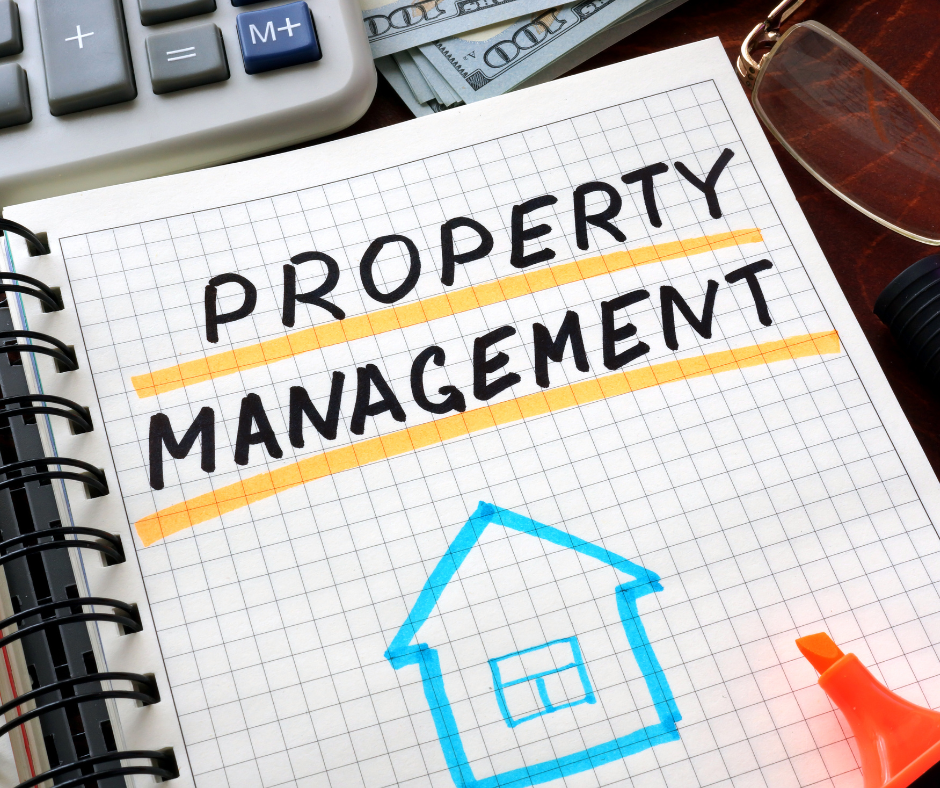Whether you're new to real estate investing or have been at it for years, you've probably realized that the world of property management has its own language. Or, perhaps, you've heard some of these terms, but you don't know what they mean in the context of rental property investments. This article will define some key words rental property investors should know.
Capital Gains/Capital Gains Tax
From stocks to real estate, capital gains can add significant value to your portfolio - but be aware that Uncle Sam wants his fair share. Depending on how long you have owned the asset and your income level, the IRS taxes capital gains differently. Short-term is taxed at regular rates, while a lower long-term tax rate applies if an investment has been held for over a year.
Comparative Market Analysis
A Comparative Market Analysis (CMA) provides an invaluable service for homebuyers and sellers alike, allowing them to make informed decisions based on up-to-date information. A CMA is a comprehensive analysis performed by real estate professionals that uses recently sold homes of similar size, condition, and age in the same vicinity as references to determine the estimated market value of your property.
Depreciation
When you own a rental property, the US tax code offers an exciting benefit that helps to offset your overall costs. An investor can deduct portions of their building's value yearly through depreciation - even something as small and seemingly insignificant as appliances! This is one of the unique advantages of investing in rental properties.
Fair Housing Act
In 1968, the Fair Housing Act was created to ensure equal housing opportunities for all - regardless of disability, race or color, national origin, sex, religion, or family status. Today it is still a powerful law that protects individuals from pervasive discrimination in rental practices. And, if it's violated, it can lead to a world of legal trouble for landlords. This is just one of the areas where a professional property manager is helpful – they're intimately familiar with laws like this and know how to avoid breaking them.
Fannie Mae
A government-sponsored enterprise that was put in place in 1938 to help guarantee a reliable and affordable supply of mortgage funds throughout the country.
Freddie Mac
A government agency chartered in 1970 to provide a continuous source of mortgage funding for the nation's housing markets.
Multiple Listing Service (MLS)
A database where real estate agents list properties for sale. This is one of the biggest sources your property manager and real estate agent will use to find properties to show you.
Net Operating Income
Net Operating Income (NOI) is the financial backbone of any property, providing an overall summary to determine its yearly stability and long-term success. NOI considers various factors: annual rental profits, taxes and insurance payments, vacancy rates, and repairs needed. All these numbers are used in tandem with loan reimbursements, allowing investors to assess their expected monthly profit.
Reasonable Accommodations/Modifications
Disabled tenants are guaranteed the right to equitable housing under the Americans with Disabilities Act (ADA). To ensure this, landlords and property managers have to allow reasonable accommodations or modifications that make it possible for disabled individuals to access their living space.
Rental Comp Analysis
An analysis of properties that are similar in size, location, and condition to yours, to determine reasonable market rent for your property.
Conclusion
As you can see, there's more to investing in rental properties than buying a home and finding some tenants. However, by educating yourself on the ins and outs of property management and real estate, you're sure to make sound investment decisions.
As a leading property management firm in the Cape Fear region, Sweyer Property Management recommends that property owners strongly consider working with a trusted and experienced property management company. Whether it pertains to the eviction process or another area of handling your investment properties, we want to make sure property owners and investors understand the relationship they are entering into when choosing to work with a property management firm.
If you have investment properties and do not use a professional management company, we hope you consider doing so. The experts at Sweyer Property Management will be happy to provide you with a free rental analysis or, if you prefer, give us a call at 910-239-1338.
Sweyer Property Management is a full-service professional property management company specializing in all aspects of rental management. If you're an investor or property owner looking to learn more about our services and what a professional property manager can do, reach out to us today at 910.256.3031 or via our website. Sweyer Property Management has exhibited continuous growth throughout the Wilmington, Leland, and Hampstead areas while maintaining an excellent Google+rating for customer service.



